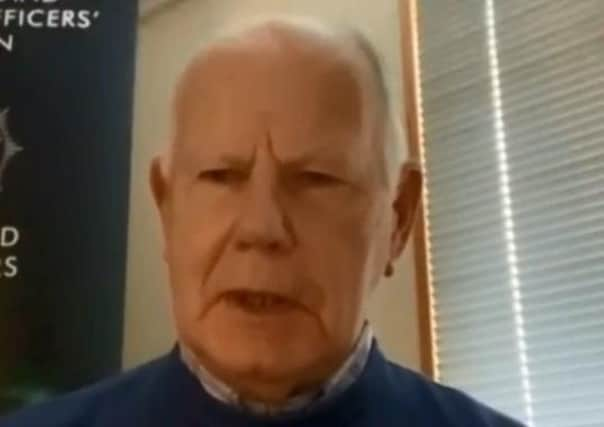Retired NI police officers ready to meet MPs to discuss legacy issues


Addressing the Northern Ireland Affairs Committee (NIAC) on Wednesday, former assistant chief constable Raymond White said it was vitally important that the legacy institutions are free from manipulation – and that substantial reinvestigations should only be triggered when there is “fresh and compelling” evidence.
SDLP MP Claire Hanna was one of a number of the NIAC members who were left with unanswered questions on Wednesday due to time constraints.
Advertisement
Hide AdAdvertisement
Hide AdMr White has said that the NIRPOA will respond to any outstanding questions in writing, but that they would also welcome the opportunity to speak again with any of the MPs to ensure a free flow of information.
“We are happy to sit down with any of the MPs if it helps create a better understanding of the situation,” Mr White told the News Letter.
Before running out of time during the NIAC evidence session, Ms Hanna had posed a number of questions around the government’s proposals to create an Oral History Archive – described by the government as “an independent archive that enables people from all backgrounds to share experiences and narratives related to the Troubles”.
In the NIRPOA’s submission to the NIAC, the association said the historical record should be written by historians, and added: “It seemed to many that insufficient care had been taken in drafting the 2018 [Addressing the Legacy of Northern Ireland’s Past] proposals to ensure that self-serving and self-exculpatory narratives would be prevented from dominating; and it even appeared possible that terrorist narratives might be allowed to become a legitimate record of the past.”